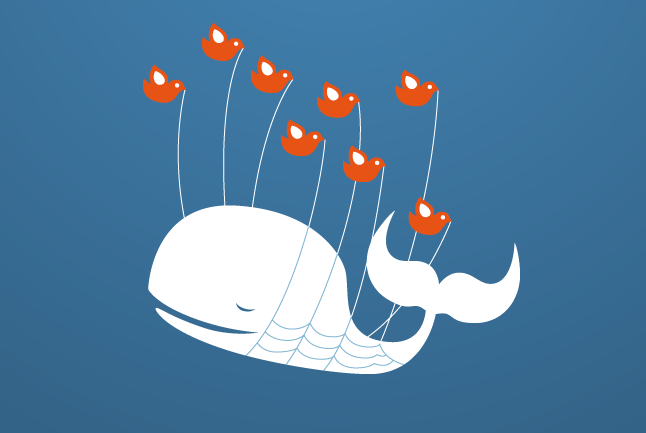
More recently, I have heard students mention "PT" or Private Twitter, where teenagers create a new account and keep their security settings structured so only a close group of friends see their posts. Note: "close" is all relative for teens. Teens intentionally create these accounts and enter this space to speak their minds. Frankly, it's indicative of a wider trend in this country where citizens feel constrained by--and thus seek to avoid--political correctness. The way a teenager acts in school is often very different than how that teen acts on PT. Posting to a Private Twitter isn't like telling a close friend how you really feel; it's telling dozens of friends how you really feel on a platform that stores data permanently. Needless to say, "PT" has perpetuated the denigration of a space that, has tremendous power to people together to share information, which is s shame. PT has also perpetuated the denigration of the discourse between our teenagers online and in-person.
As I've written throughout this series, Twitter is powerful. Teens can use it to learn, create, discuss and inform--whether that’s a school project or a personal learning project. If you told a teacher that an application encourages teens to do just that, she'd jump for joy. But our teenagers are not deriving the educational and developmental benefit that Twitter has to offer. They're "subtweeting" one another or posting secretive confessions and insults to their Private Twitter.
Obviously we're never going to be able to do all we can for our teenagers when it comes to guiding them in their digital and social spaces. But we also can't make progress if we keep turning a blind eye to what teens do on the internet. Schools should be teaching students how to get the most out of social media, and parents should be actively involved in what their children see and post online. We shouldn't simply scold our students about the pitfalls of social media when something bad happens; we need to be proactive. Let's empower our students to use Twitter in ways that benefit rather than harm them.